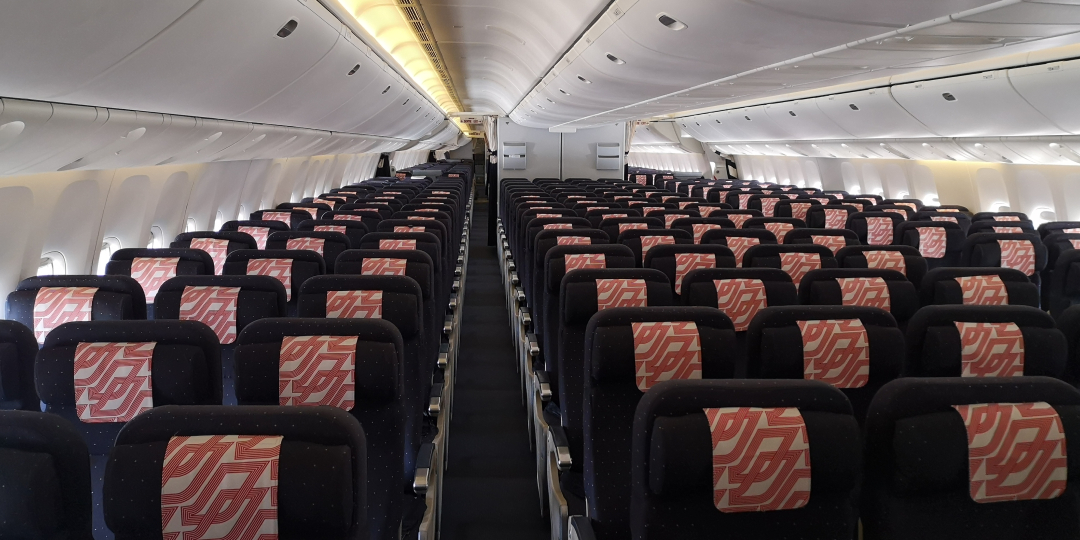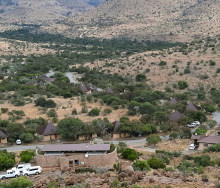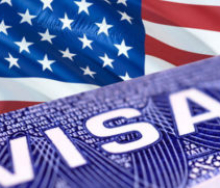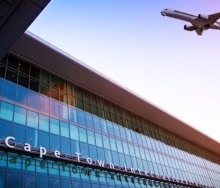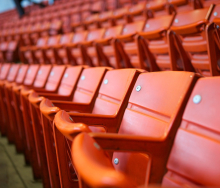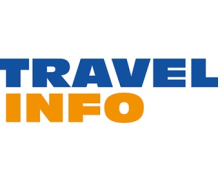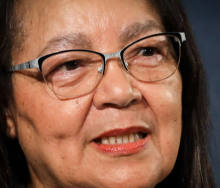High health and safety standards are being upheld by the Air France KLM group at OR Tambo International Airport. Tourism Update was invited to see, first-hand, the efforts taken to ensure the health and safety of passengers.
Gm of Air France KLM Southern Africa, Wouter Vermeulen, said, as an airline, safety was “100% of what we sell”. “It’s interesting how the concerns of safety have changed over the years. Initially it was all about not crashing, then there were the threats of terrorism and now it’s all about bio-safety.”
Wouter and regional station manager, Vincent Zerbib, are certain that the Air France KLM group has adapted to this new safety need.
Although the demand for inbound flights over December remains uncertain, as most of Europe has gone into hard lockdown again, the two men are confident that both airlines are ready to carry passengers safely.

The check-in counters have thick Perspex screens and stations are sanitised between each passenger. According to Vincent, AF KLM is currently working with Acsa to implement more self-check-in tools to further reduce contact between staff and travellers. “Some people were using the touch-screen self-check-in kiosks, but those have been deactivated to decrease the number of touch points,” he said.

Social distancing is enforced at every point in the airport, with floor stickers indicating the appropriate distance to maintain while queueing. The wearing of masks is also enforced throughout the airport.

Passengers need to fill in a declaration of health form, which is handed in at the security gates, where they are screened again for temperature.

Although large parts of OR Tambo remain closed, there is still some shopping available in the duty-free section, and a few restaurants and cafés are open.

Passengers are boarded from the back first, to reduce the opportunity of contact between passengers. This was different to the usual system of first-class and priority boarding passengers being the first to board, said Vincent.
The airport is also making use of some of its longer access tunnels to ensure that social distancing is possible. Airport officials attended the queues of boarding passengers to enforce the necessary 1,5m distance, said AF KLM duty station manager, Jaysen Naidoo.
Passengers on Air France must wear surgical face masks, and on KLM other masks are accepted. “They will be made aware of this as soon as they book their ticket,” said Vincent, adding that the airline had a stock of surgical masks for passengers who did not have one. “They also have an option to buy a health and safety kit, which includes masks and sanitiser.”

Between every long-haul flight, aircraft are completely sanitised. All surfaces are sprayed with approved sanitiser from the back of the aircraft to the front. This includes all surfaces in the galleys before the food has been stored.
The aircraft is issued a certificate on completion of the sanitising process, both for the airport’s records and the airline’s.

A team follows the spray with sanitising wipes to wipe down overhead luggage storage, armrests and the remote controls for the entertainment sets. The whole process takes between 25 and 30 minutes, according to Jaysen.
The wipes being used meet all required standards and have been used by the airline for years before COVID-19.

Cushions and blankets, seen here in plastic bags, have been individually washed and sanitised in Paris. In Johannesburg they are placed on seats once the cabin is fully sanitised and ready to be dressed.
“We have done away with the small amenity bag usually given out in economy class, simply to reduce contact,” said Vincent. The bag is still available for first- and business-class passengers.

The meal service has been totally rethought to minimise contact. Meals are now served in a way that limits interaction with cabin crew and all food items come individually wrapped.
All food undergoes very strict quality control tests, ensuring that all meat has been cooked to a high enough temperature and that the meal preparation environment meets hygiene standards.
